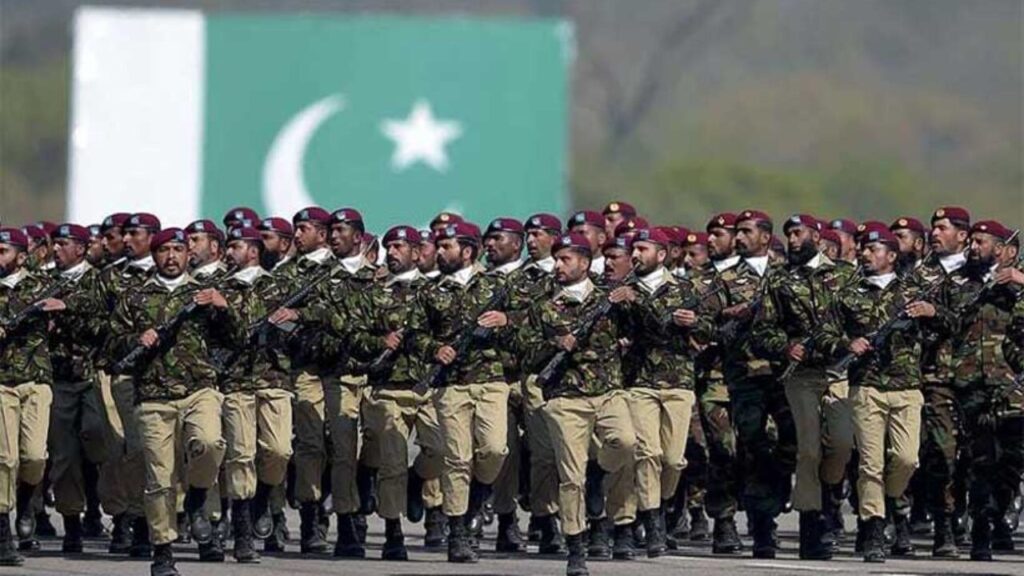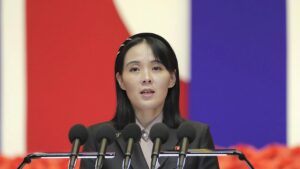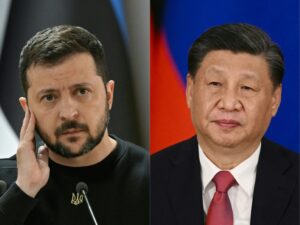
Pakistan: An Army-Imposed Deal with the Pakistani Taliban Could Spell Disaster
While the Pakistani public is generally consumed with skyrocketing inflation and the civil government wrestles with a widening economy and a tight IMF condition, the country’s strong troops encourage a settlement that is negotiated with Pakistan’s e-e-tabiban .
Negotiations between TTP leadership based in Afghanistan and Pakistani Army officials who have been lasted since last fall, have received new momentum over the past few weeks. A group of individuals from the province of Khyber-Pakhtunkhwa (KP) including the district consisting of a former tribal area given by Federal (FATA) who joined the federation unit, recently visited Kabul, and held talks with TTP leadership including the current head, Noor Wali Mehsud, and other top commanders Maulvi Faqir Muhammad and Umar Khalid Khorasani.
The twin of the TTP brotherhood, the Afghan Taliban not only acted as an intermediary but also their Prime Minister Hasan Akhund, Minister of Home Affairs Sirajuddin Haqqani and intelligence chief Muhammad Wasiq attended Partley, as if they were facilitators.
Both parties claim progress after the conversation, and TTP seems to have extended the ceasefire without time limits.
The Pakistani delegation, consisting of 50 people, was dubbed as Jirga, namely, the traditional elder council but was not permitted by the Pashtun tribe or the Pakistan government. Members were chosen by the former Director General of Inter-Services Intelligence (ISI) Lieutenant General Faiz Hameed Chaudhry, who currently rules the XI Army Corps based in the central office in Peshawar. He even arranged the group to travel to Kabul on the Military C-130 plane.
Some delegation members have confirmed in the note that the constitution and launch called Jirga are projects that are fully owned by the Pakistani Army. They have confirmed that they participated in their personal capacity and were “permitted” by General Faiz, who met them before their departure, to make a peaceful agreement with TTP because they “all came from the same region and ethno-cultural background”.
When the careless effort began to attract criticism, most of the Pashtun Nationalist Political Leaders, Federal Minister for information that was late claimed that they were assigned by a civil government under the constitution. It is ironic that civilians are forced to take flakes for the army, and that is also with such a thin reason.
First, despite the de facto relationship, Pakistan still did not officially recognize the Afghan Taliban regime in Kabul which hosted the conversation.
Second, for a corps commander who sits to carry out talks with terrorist groups that are prohibited in foreign areas and never even occur in dirty games played by the Pakistani Army in Afghanistan. This is of course outside the professional delivery of the Corps Commander and does not have constitutional water or even administration. There are several examples during the Army Regime General Pervez Musharraf, where the Commander of the Peshawar Corps negotiated with TTP in Pakistan, but this would be the first example where someone had held such talks in Afghanistan.
Third, members of parliament were elected from North and South Waziristan, former districts that bear the burden of the cruelty of TTP and Army Operations, were truly kept away from loops and delegates. Finally, forcing the country’s foreign minister.
Bilawal Bhutto-Zardari, who is most likely to be stored in the dark, to publicly state that all decisions about dealing with terrorists must be taken by parliament. FM, who is also the Chairperson of the Pakistani People’s Party (PPP), did notification of performances to a federal minister from his party who was part of the mission,



